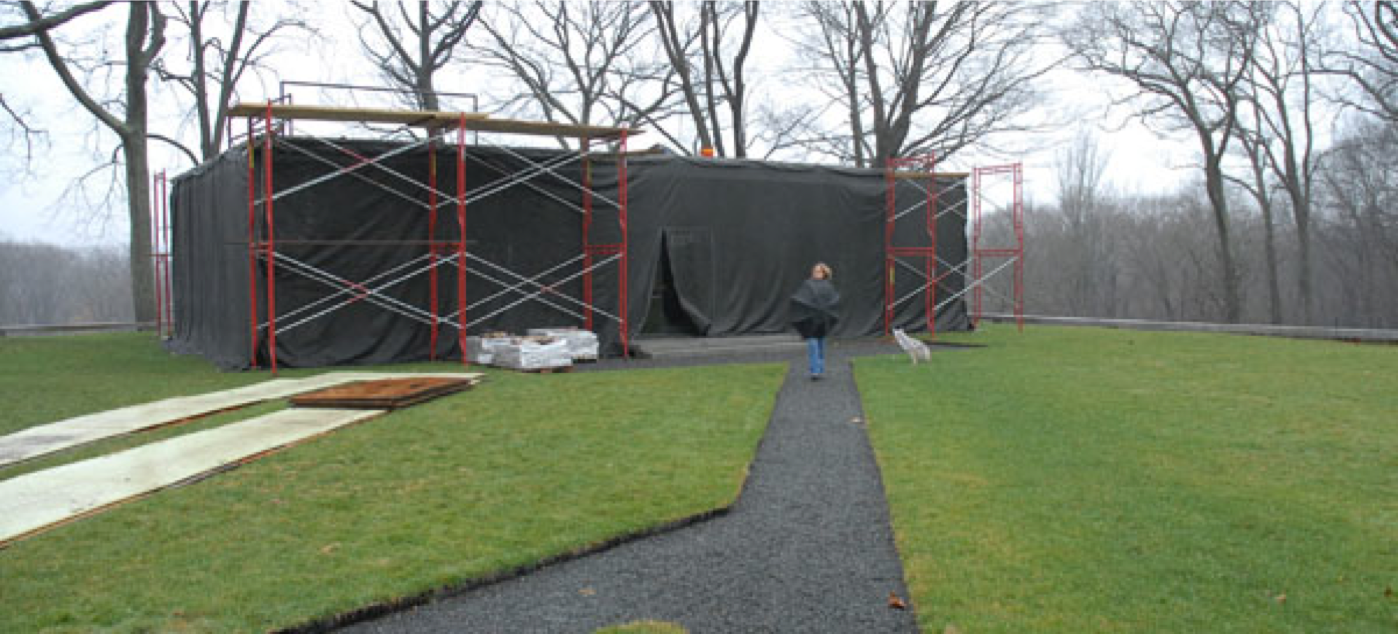Case Studies in Critical Conservation: Buildings, Landscapes, and Cities
This course analyzes case studies in conservation as a means for developing projective strategies for interpreting and curating buildings, landscapes, and cities. In examining the use of design to conserve and convey the significance of sites, we will tackle the controversies inherent to urban conservation and attempt to develop proposals that engage these controversies rather than dismissing them. Students will conduct in-depth research and analysis of sites and their social landscapes with the aim of making the case for a critical conservation of these sites.
In three parts, the course will examine core issues relevant to critical conservation and the interpretation of urban environments. The first part of the course focuses on theoretical and historical readings. The second part of the course looks to the work of contemporary practitioners and the ways in which conservation can be integrated with architecture and planning. The third part of the course uses the case studies of four cities—Agra, Detroit, Boston, and Berlin—to closely analyze the interpretation of urban sites, the various meanings of “conservation” in an urban context, and the curation of the urban environment as an act of critical conservation.
Spring 2015, Spring 2014, Spring 2013, Spring 2012: Harvard University.
